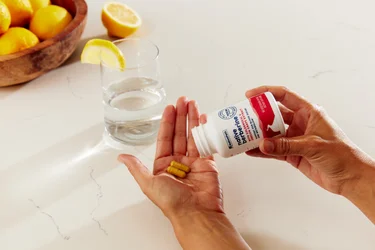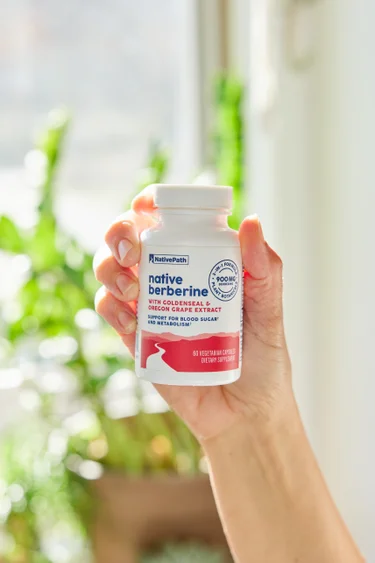To say that metformin is a popular drug is an understatement. The demand for this diabetes drug has steadily increased year after year, with the number of prescriptions in the U.S. increasing from 40 million in 2004 to over 92 million in 2020. That’s a 130% increase in just 16 years (1).
And as of late, there’s another powerful contender to metformin: berberine.
Both metformin and berberine are renowned for their ability to regulate glucose metabolism, having transformed the lives of potentially millions across the globe. But which one is right for you? Join us as we delve into their similarities and differences—from uses and health benefits to side effects and drug interactions.






